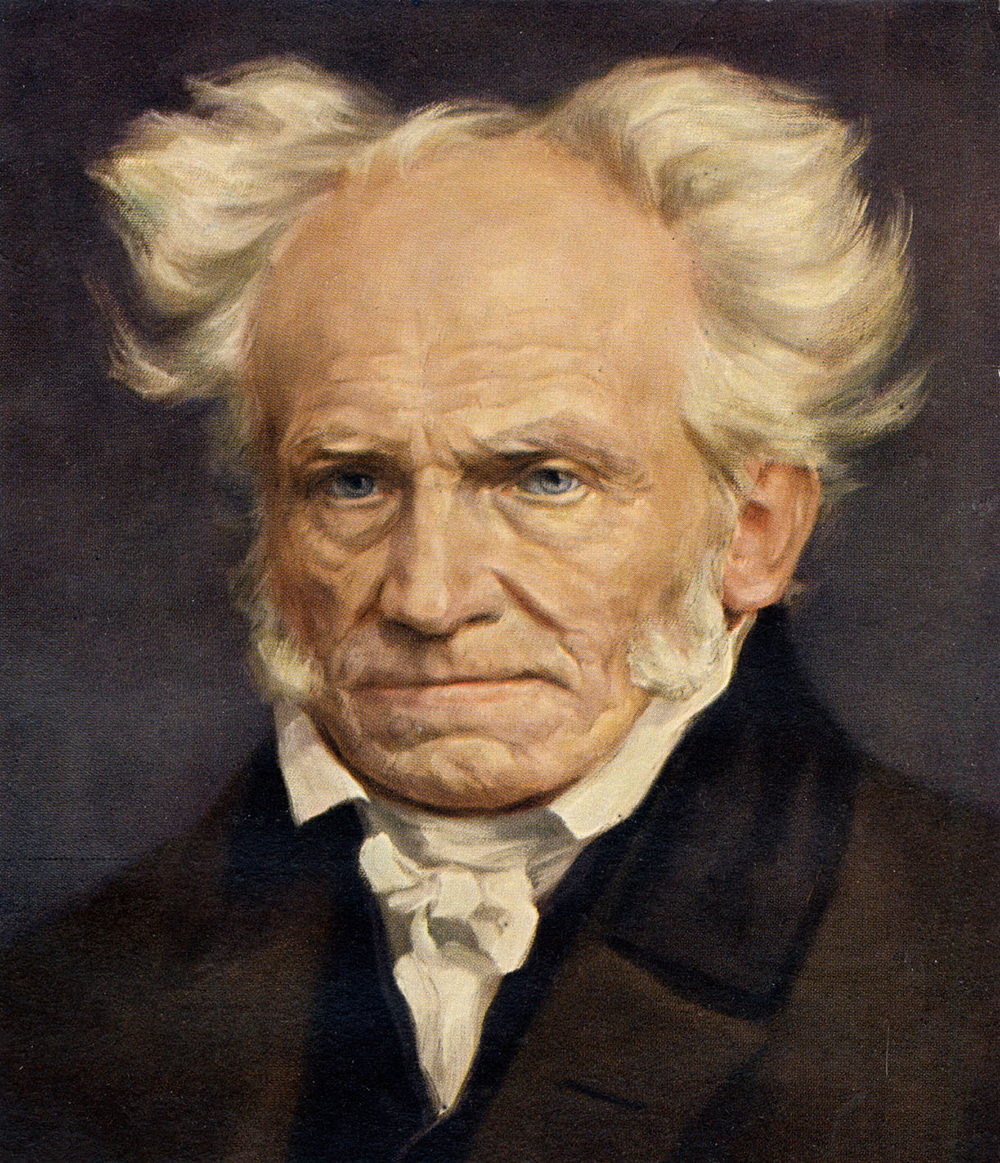This is a novel that spans the Truss administration, from its heady dawn to its decline and fall 49 days later. The Proof of My Innocence starts as a satire, not so much of Truss and her world but the ideologists who thought that the prime minister’s brief, shining moment was their long-cherished future. They meet in a collapsing Cotswolds castle to hear from delegates such as Josephine Winshaw, who intones that everything now is woke: ‘Paying your TV licence was woke. Getting vaccinated was woke… buying avocados was woke, and reading novels was woke.’ Another speaker praises a reactionary novelist to a much smaller audience.
Into this milieu steps Christopher Swann, a blogger. To him the radical economic libertarianism that Truss represents stems from early 1980s Cambridge. He is murdered at the conference, having annoyed enough people to turn Coe’s novel into cosy crime fiction. I say Coe’s novel, but by now the enterprise has become a network of stories within stories by other hands and in other styles. Our author shows up in some scenes, thinly disguised as the future author of ‘Quite the Mash-Up’.
The wonderful thing about Coe is the way he gets away with this without his work ever seeming to be up itself. One reason is the progressive mockery that gives his books a political purpose beyond the games. And the mockery is based on minor but far-reaching observations. His characters are not the first to find the public transport refrain ‘See it, say it, sorted’ jarring, but it takes Coe to turn this into the organising principle for a book of 340 pages.
The result is endlessly satisfying. Coe has a gift for taking his material to extremes, so that nothing is ever wasted. Even Winshaw descends from a character in What a Carve Up! (1994). A reference to the nude tussle in Ken Russell’s film Women in Love may look like a break from an admittedly cramped exposition; but it works hard later, both as a pleasing frame for a vital plot moment and as a symptom of something that is really a Covian theme – the question of why we hanker after the culture of times that predate our births. The most telling example is Gen Z’s fascination with Friends (and that will turn out to be crucial, too).
Coe’s work itself can embody that kind of nostalgia and a search for what is missing in today’s culture. It pervades the cycle that began with The Rotter’s Club (2001), with an evocation of a time when the whole nation would watch Morecambe and Wise at the same time. In The Proof of My Innocence, we learn that the true start of the 1980s was on 1 January 1985, when a lone Ernie Wise launched mobile phones and so became a symbol of individualism.
This book takes the search to the nature of the novel itself. Why is there cosy crime? What is autofiction? At times the quest seems to lead away from Britain and towards something more European, with a chase to find proof of a neglected but cult memoir resembling Italo Calvino’s If on a Winter’s Night a Traveller (1979). The ‘proof’ in the title refers to the proof of a book (within a book). It occurred to me that I’m lucky to have a proof of The Proof of My Innocence.







Comments